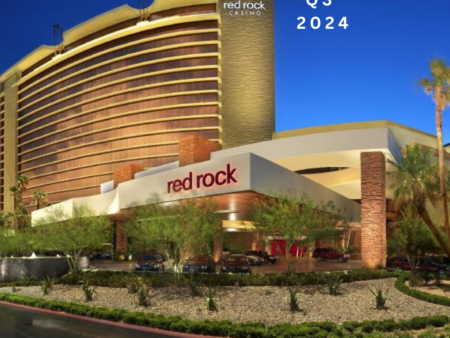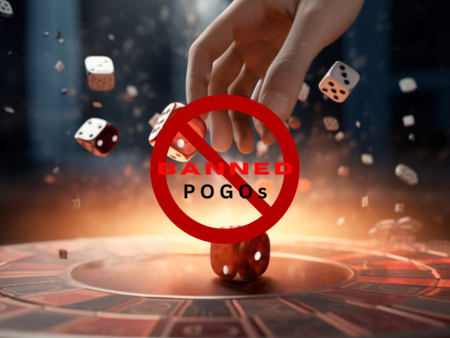The Philippine Amusement and Gaming Corp (PAGCOR) has embarked on a rigorous campaign to address the proliferation of illegal Philippine Offshore Gaming Operators (POGOs), promising transparency and stringent regulatory actions.
Addressing Illegal POGOs and Regulatory Oversight
PAGCOR CEO and Chairman Alejandro Tengco has committed to unveiling the identities and circumstances that facilitated the rise of illegal POGOs in the country. He emphasized the need for thorough investigations into the roles of former officials and intermediaries involved in granting licenses to POGOs with questionable backgrounds.
Regulatory Challenges and Crackdown
Recent reports have highlighted instances where former high-ranking government officials were implicated in attempts to secure gaming licenses for illegal POGOs. PAGCOR’s regulatory role focuses on ensuring that only entities with valid licenses operate gambling activities, whether online or land-based.
Government Efforts and Reduction of Illegal Operators
Chairman Tengco praised the efforts of the Marcos administration in cracking down on illegal operators. These efforts have significantly reduced the number of legal POGO operations from 298 to 43, reflecting a stringent regulatory overhaul aimed at cleansing the industry of ineligible and suspicious entities.
Recent Raids and Political Backlash
In a recent raid targeting illegal POGOs, Alice Guo was suspended and charged for her alleged involvement in illegal activities. However, criticisms have emerged from figures such as Senator Villanueva, who accused PAGCOR of inadequate measures in addressing illegal gambling activities.
Conclusion: The Commitment
Philippine Amusement and Gaming Corp’s commitment to transparency and regulatory enforcement underscores its determination to cleanse the Philippine gambling industry of illegal practices. With ongoing investigations and crackdowns on illegal POGOs, the regulatory body aims to uphold integrity and legality in the sector.
FAQs About PAGCOR’s Crackdown on Illegal POGOs in the Philippines
1. What is PAGCOR?
It stands for the Philippine Amusement and Gaming Corp, which regulates and oversees gambling activities in the Philippines.
2. What has PAGCOR promised regarding illegal POGOs?
It has promised to reveal the identities and details surrounding the rise of illegal Philippine Offshore Gaming Operators (POGOs) in the appropriate forums. They are also investigating the roles of former officials in granting licenses to dubious POGOs.
3. How many illegal POGOs were identified and reduced by PAGCOR?
There were 298 illegal POGOs previously operating, reducing them to 43 legal licensed entities through rigorous regulatory actions.
4. What recent actions has PAGCOR taken against illegal POGOs?
Philippine Amusement and Gaming Corp conducted recent raids targeting illegal POGOs, resulting in suspensions and charges against individuals involved in illegal activities, such as Alice Guo.
5. What is the stance of PAGCOR on regulatory oversight of gambling activities?
Philippine Amusement and Gaming Corp emphasizes ensuring that only entities with valid licenses operate gambling activities, whether land-based or online, to maintain integrity and legality in the industry.
6. What criticisms has PAGCOR faced regarding its efforts against illegal gambling?
Senator Villanueva criticized PAGCOR, alleging inadequate measures in tackling illegal gambling activities despite recent crackdowns.
7. How can individuals stay informed about developments related to PAGCOR and illegal POGOs?
To stay updated on developments concerning PAGCOR’s crackdown on illegal POGOs and regulatory updates, follow official announcements and reputable news sources.
8. What is the role of the Marcos administration in PAGCOR’s efforts against illegal operators?
The Marcos administration has been commended for its efforts in reducing illegal POGOs and strengthening regulatory oversight in the gambling sector.
9. What are the penalties for involvement in illegal gambling activities in the Philippines?
Individuals involved in illegal gambling activities in the Philippines may face legal charges, including suspensions, fines, and potential imprisonment, depending on the severity of the offense.
10. How can former officials influence the licensing process for POGOs in the Philippines?
Former officials have been implicated in attempts to influence the granting of gaming licenses to POGOs with questionable backgrounds, prompting investigations by the Philippine Amusement and Gaming Corp to ensure transparency and accountability.


















